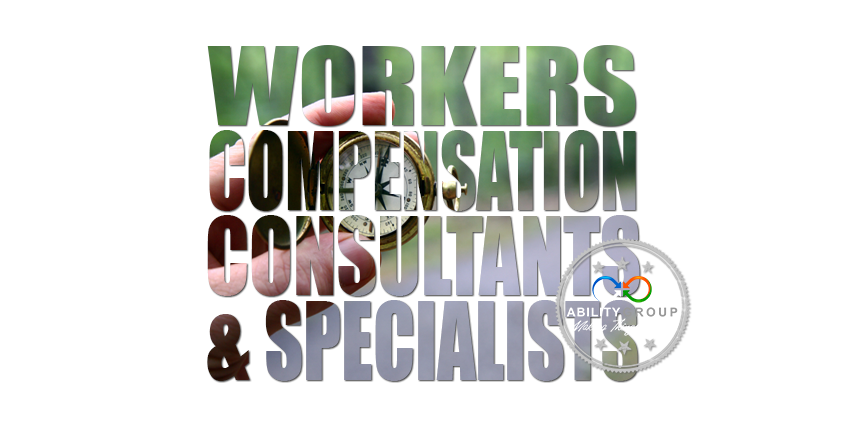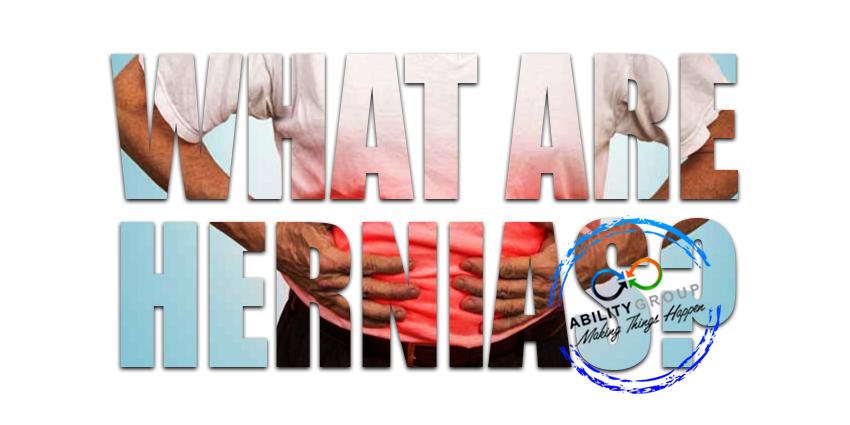
by ABILITY GROUP | Aug 4, 2025 | Injury Management, Injury Prevention, Work Health & Safety, Workers Compensation
In today’s fast-paced work environments, preventing injuries isn’t just a safety obligation, it can be a strategic or competitive advantage. At ABILITY GROUP, we believe proactive injury prevention and early intervention are key to building resilient teams, reducing downtime, costs and supporting long-term wellbeing. Understanding how to identify risks early and respond effectively can transform workplace culture.
(more…)

by Marc Ring | Jul 14, 2025 | Injured Worker, Injury Management, Workers Compensation
As workers’ compensation premiums rise across Australia, many new clients come to us after consulting their trusted advisors, lawyers, accountants, brokers, or HR consultants. While these business partners may offer some assistance, in many cases, their support is limited to general guidance. Engaging specialist consultants offers clear benefits, especially in easing the financial and operational strain of workers’ compensation.
(more…)

by ABILITY GROUP | May 18, 2025 | Claim management, Claims, Injured Worker, Injury Management, Premium, Reforms, Workers Compensation
As summer approaches, it’s time to review and renew your policies. June marks a critical period for policyholders, and we’re here to ensure your coverage continues seamlessly, whether you’re renewing a business insurance plan, updating your health coverage, or reviewing your property protection.
(more…)

by ABILITY GROUP | Feb 17, 2025 | Claim management, Claims, Injury Management, Workers Compensation, Workplace safety
Pre-existing conditions can have a significant impact workers’ compensation claims. A pre-existing condition is any health issue that existed before a work-related injury or illness. These conditions can include chronic illnesses, previous injuries, mental health conditions, or degenerative diseases. So why are Pre-Existing Conditions important with workers compensation?
(more…)

by ABILITY GROUP | Sep 9, 2024 | Injury Management, Injury Prevention
A hernia occurs when soft tissues or organs start to protrude through a weakened portion of the muscle or ligament that overlies it. There are several different types of hernias, each named by the location where they are present. The risks of sustaining a hernia arise from genetic factors like age and obesity or can result from heavy lifting, overstraining and chronic coughing to name a few.
(more…)

by ABILITY GROUP | Apr 15, 2024 | Injury Management, Workers Compensation
An employer’s response to worker injuries plays a vital role in supporting recovery. Employers’ efforts can either positively or negatively impact return-to-work outcomes, including the time it takes for your worker to recover. Workplace injuries vary, requiring employers to tailor their response
(more…)






